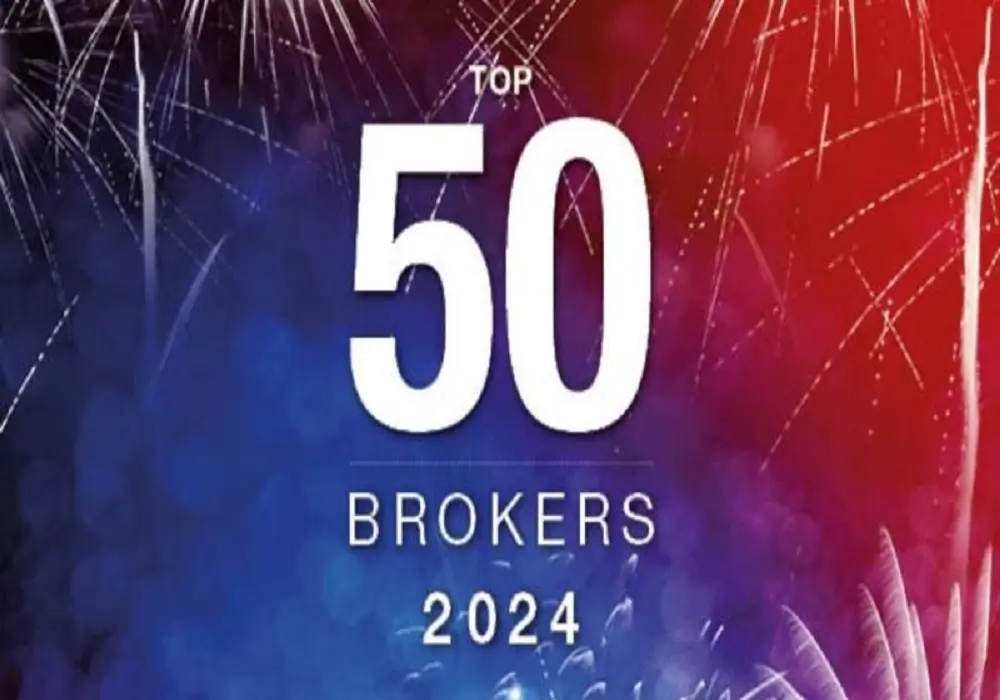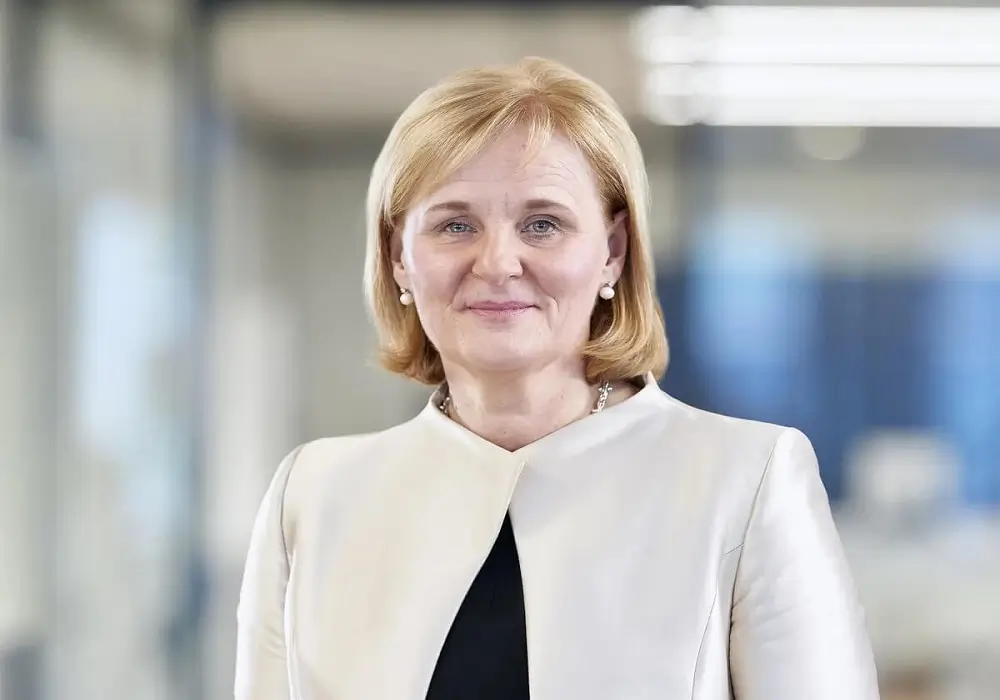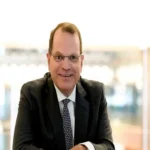Title: The Misunderstanding: Elon Musk, Amanda Blanc, and the Evolving Conversation on Diversity in Tech
In the latest turn of events, Elon Musk, a prominent figure in the technology and business world, has found himself embroiled in a controversy over comments related to recruitment and diversity. This time, the debate centers around his response to remarks made by Aviva CEO Amanda Blanc during a discussion on diversity and inclusion in the workplace. The situation has underscored the complexities and sensitivities surrounding the ongoing discourse on race, diversity, and recruitment practices.
Amanda Blanc, widely recognized for her leadership in the insurance industry, recently spoke at a public forum about the need for greater diversity in senior leadership roles. Blanc, who has long advocated for gender and racial diversity, emphasized the importance of recruiting a broader spectrum of individuals to better reflect the diverse populations companies serve. Her comments aimed to highlight the systemic barriers that exist within corporate recruitment processes and how they can be dismantled to create a more inclusive environment for all.
Elon Musk, who has been a vocal figure on various social and economic issues, took to social media to express his concerns. In a tweet that garnered significant attention, Musk suggested that the narrative around diversity can sometimes veer into discrimination against those not fitting certain diversity criteria. He implied that individuals like Blanc, who advocate for targeted recruitment strategies, might inadvertently promote exclusionary practices, labeling such approaches as a form of racism.
Musk’s comments sparked widespread debate across various platforms. Critics argue that Musk’s interpretation of Blanc’s remarks was taken out of context. They assert that Blanc’s advocacy for diversity is not an attack on any specific group but rather a call to diversify leadership by removing systemic barriers that have historically excluded minorities. Proponents of Blanc’s perspective believe her intentions are to level the playing field, allowing merit and capability to shine regardless of gender, race, or background.
Supporters of Musk’s viewpoint, however, raise concerns about the implementation of diversity and inclusion strategies. They warn against quotas and policies that might lead to reverse discrimination, where more qualified candidates are overlooked in favor of filling diversity targets. This side of the debate questions whether such strategies might result in unfair advantages or inadvertently perpetuate the very biases they seek to eliminate.
The exchange between Musk and critics of his comments opens up a larger conversation about how corporations navigate the complexities of diversity initiatives. As companies increasingly prioritize diversity and inclusion, there is significant debate on how best to achieve these goals without alienating any groups or compromising meritocratic principles.
Both Amanda Blanc and Elon Musk are influential figures in their respective industries, and their dialogue is reflective of the broader societal conversation surrounding diversity. Blanc’s standpoint emphasizes the need for ongoing scrutiny and adjustment of recruitment practices to ensure inclusivity is genuinely achieved. Meanwhile, Musk’s remarks echo concerns about the potential pitfalls accompanying certain diversity strategies.
As this dialogue continues, organizations are encouraged to engage in transparent discussions regarding their diversity goals and strategies. Experts suggest focusing on mentorship programs, inclusive training, and broadening recruitment channels to find talent from underrepresented backgrounds without resorting to divisive measures.
Ultimately, the debate between Musk and Blanc underscores the need for ongoing conversations about what true inclusion looks like in modern workplaces. It is a reminder that diversity initiatives, while well-intentioned, require careful consideration to balance the aspirations of fairness and equality with the practicalities of business operations.
As society increasingly demands accountability and representation from corporations, leaders like Amanda Blanc and Elon Musk will remain at the forefront of these essential discussions. Their perspectives, though divergent, contribute to the evolving dialogue on how best to create a workplace that is inclusive, equitable, and reflective of the world we live in today.












